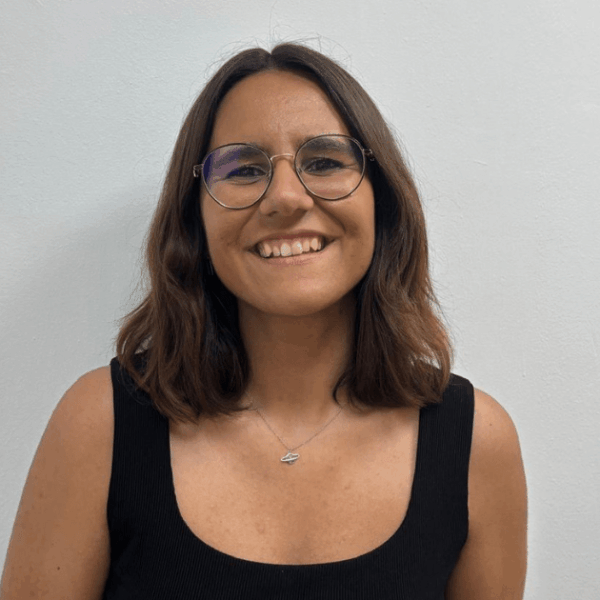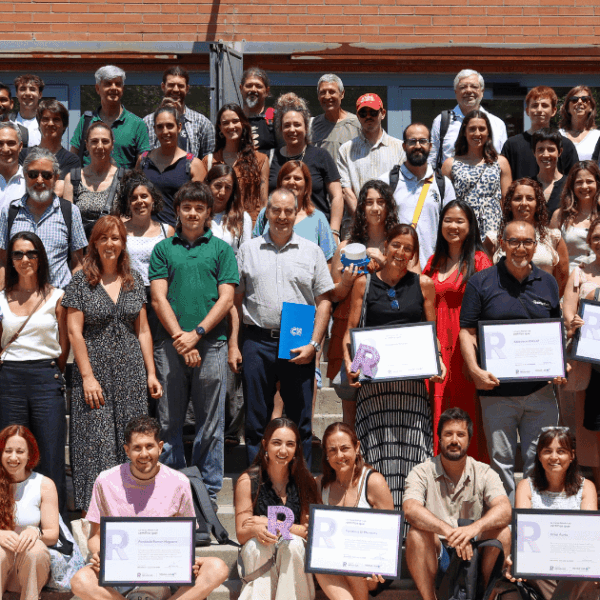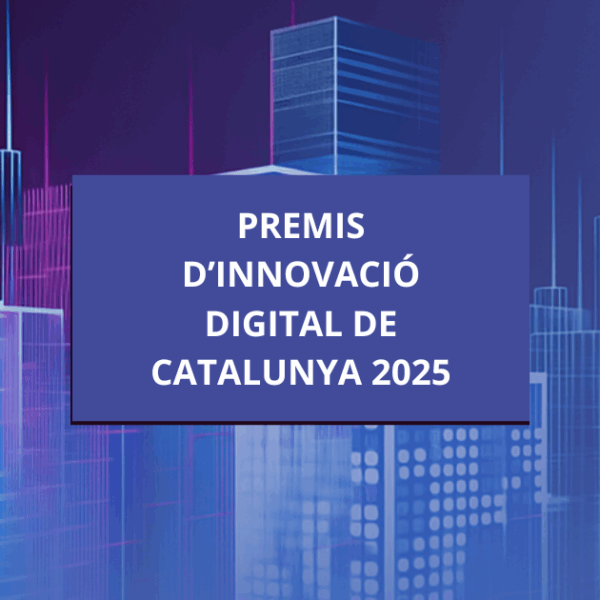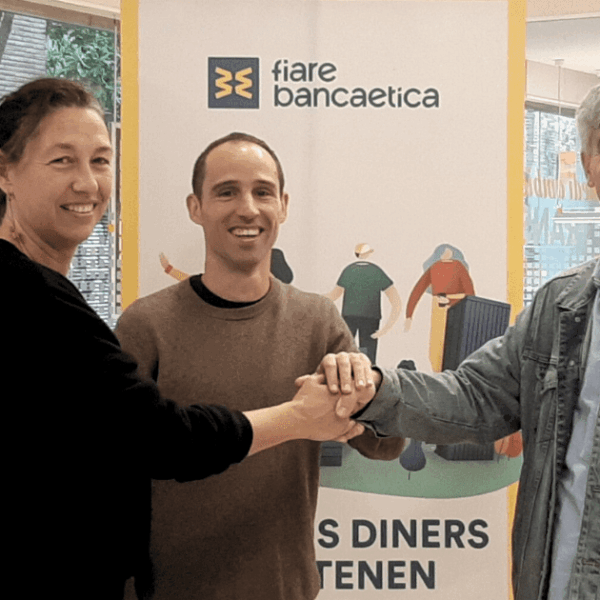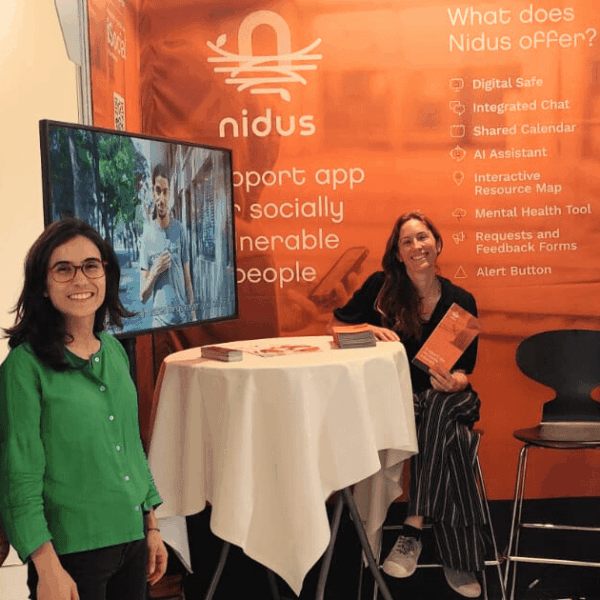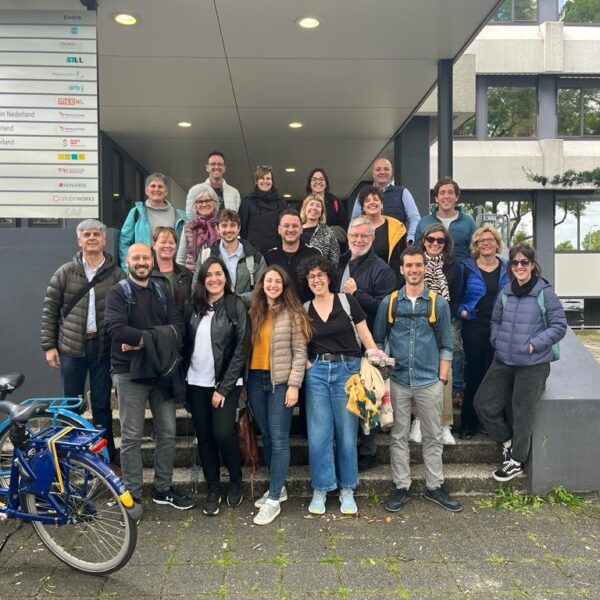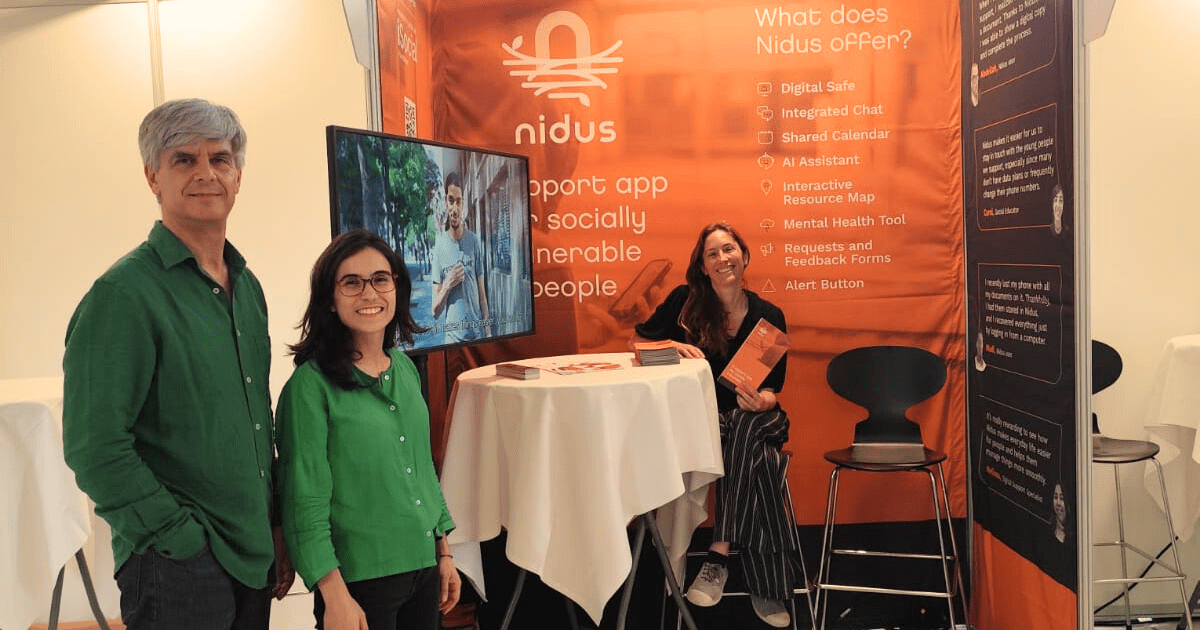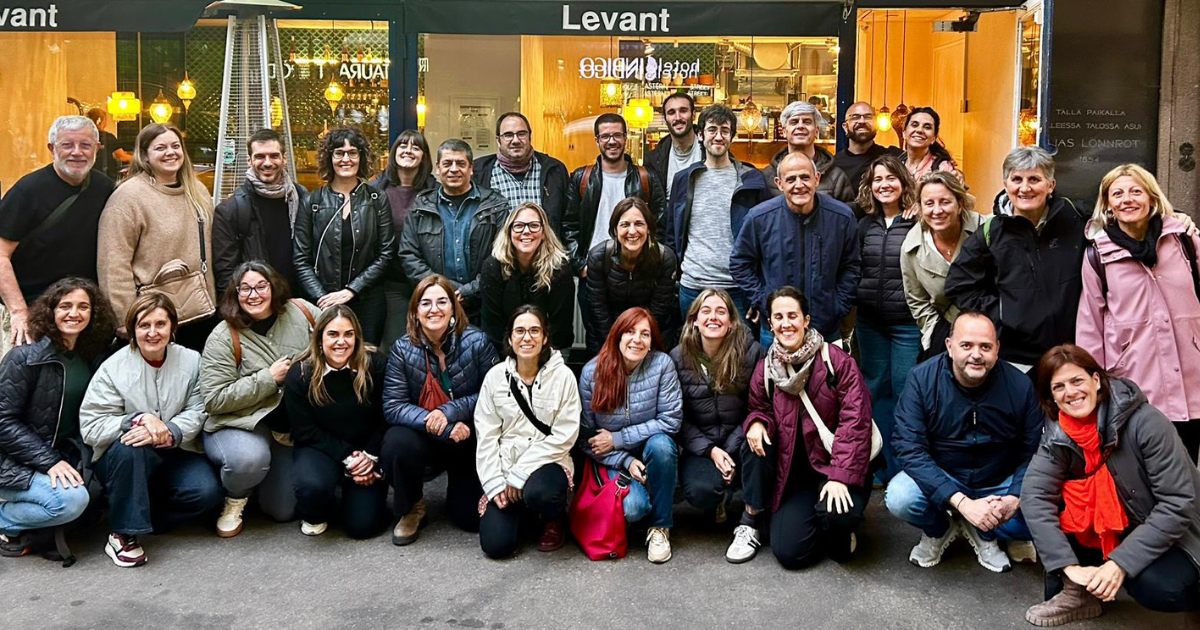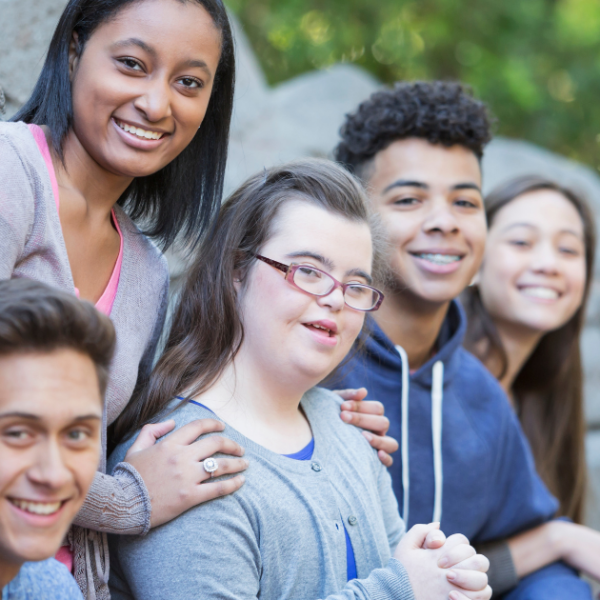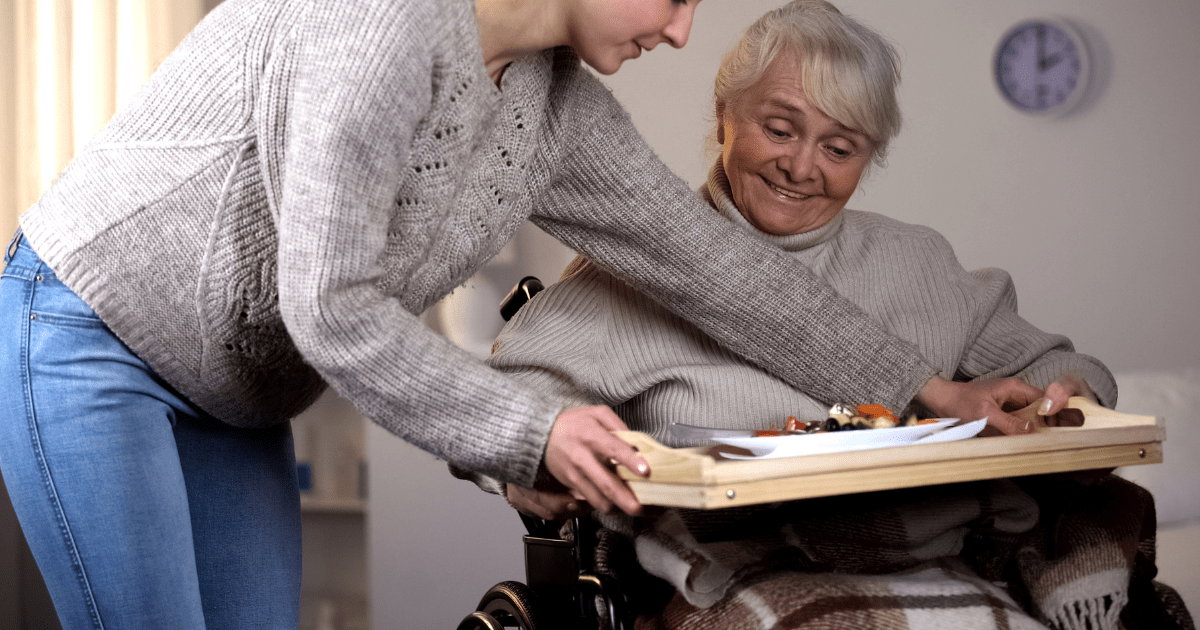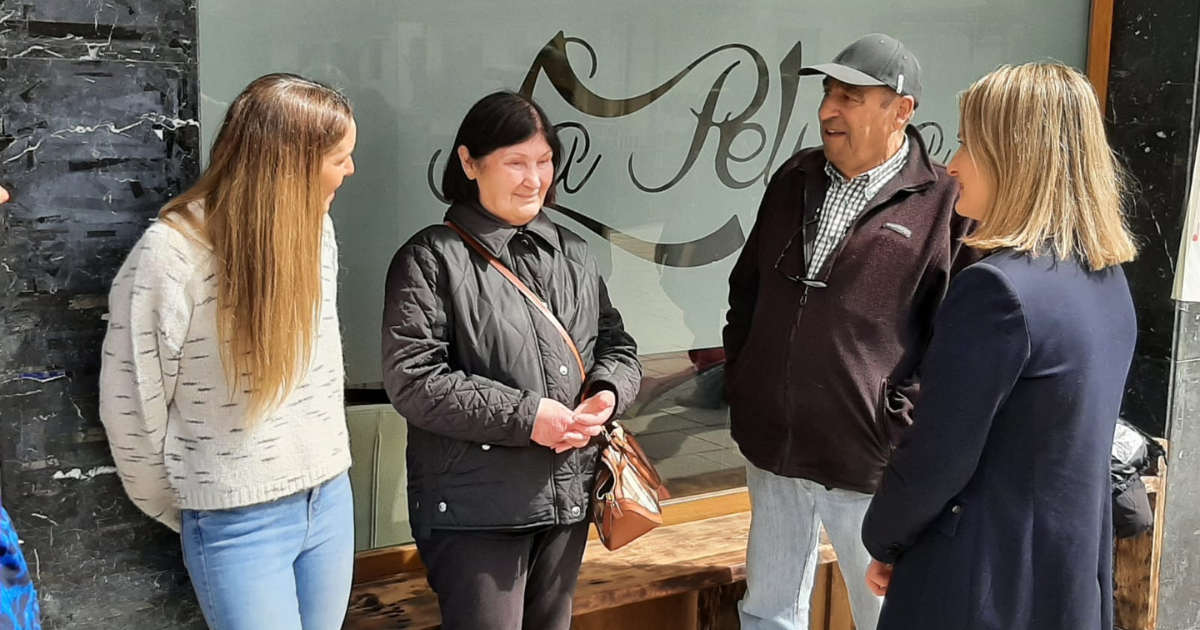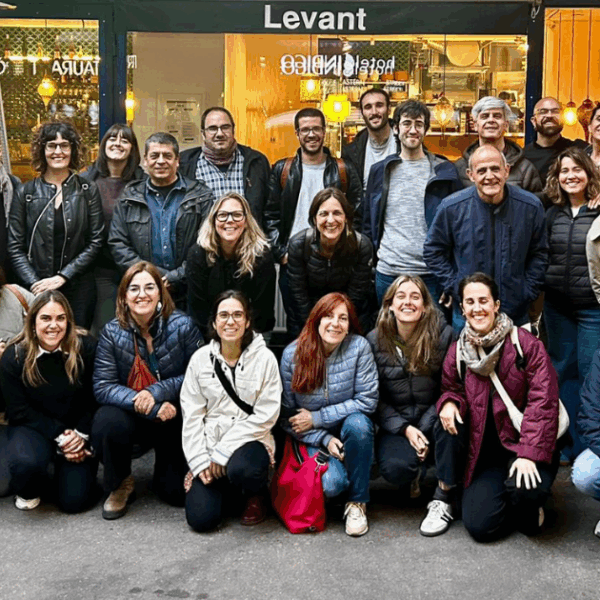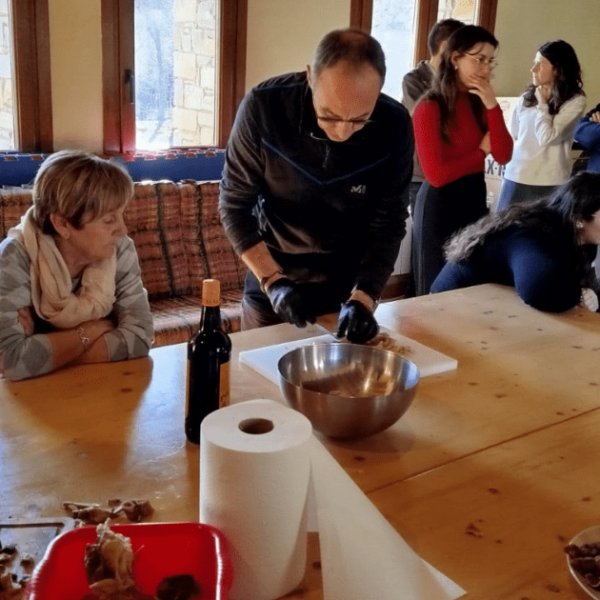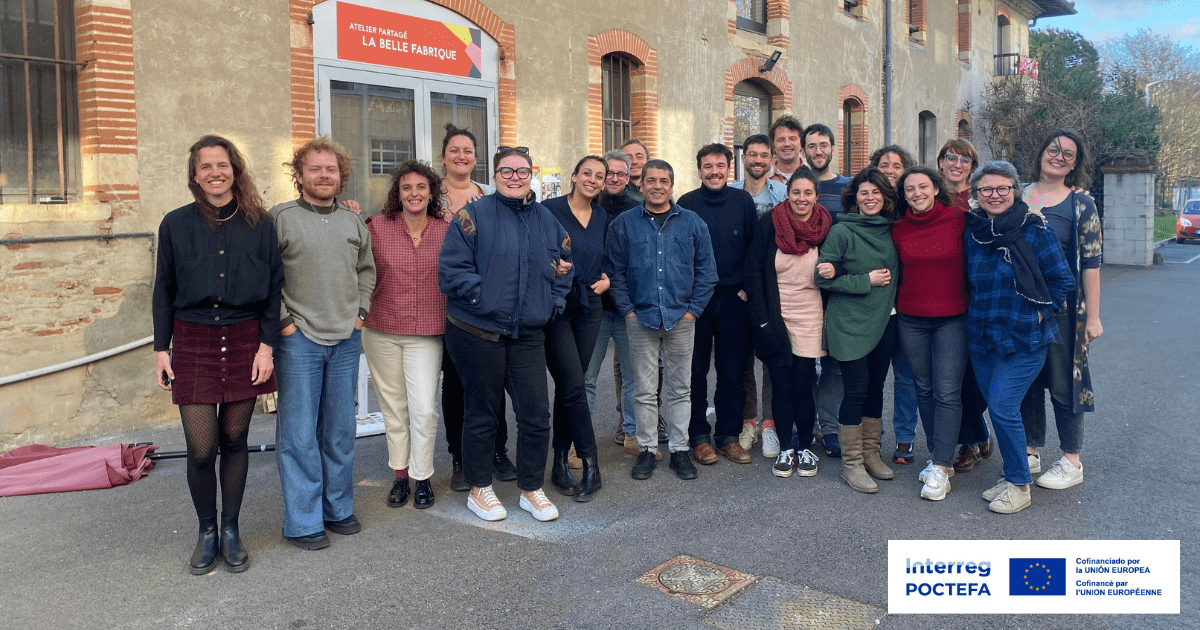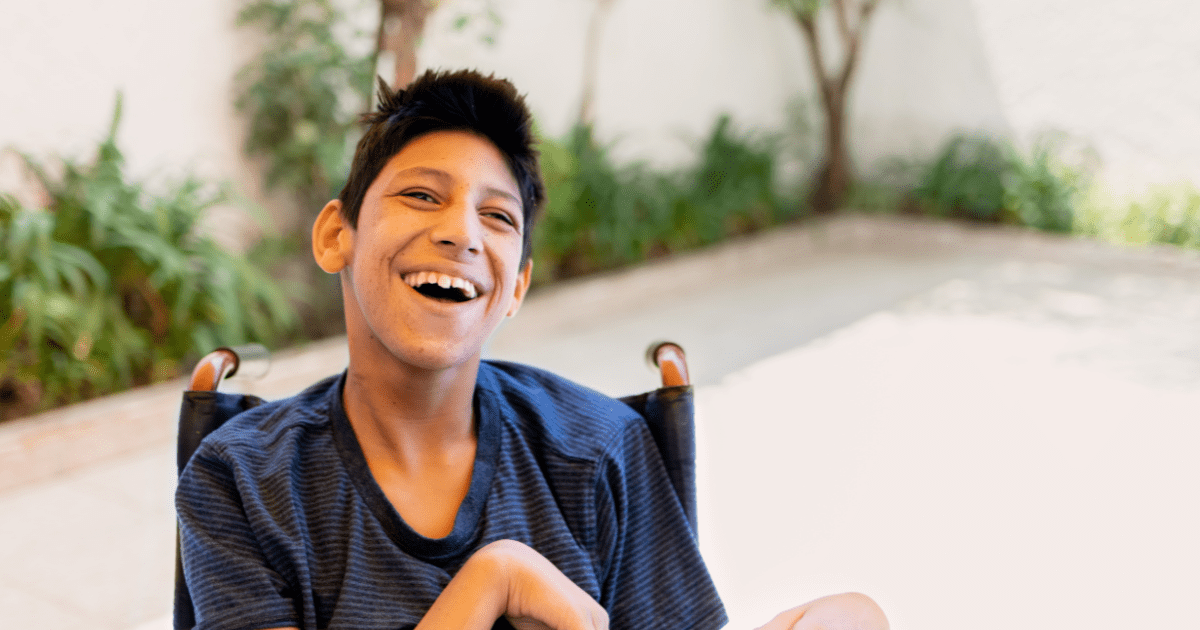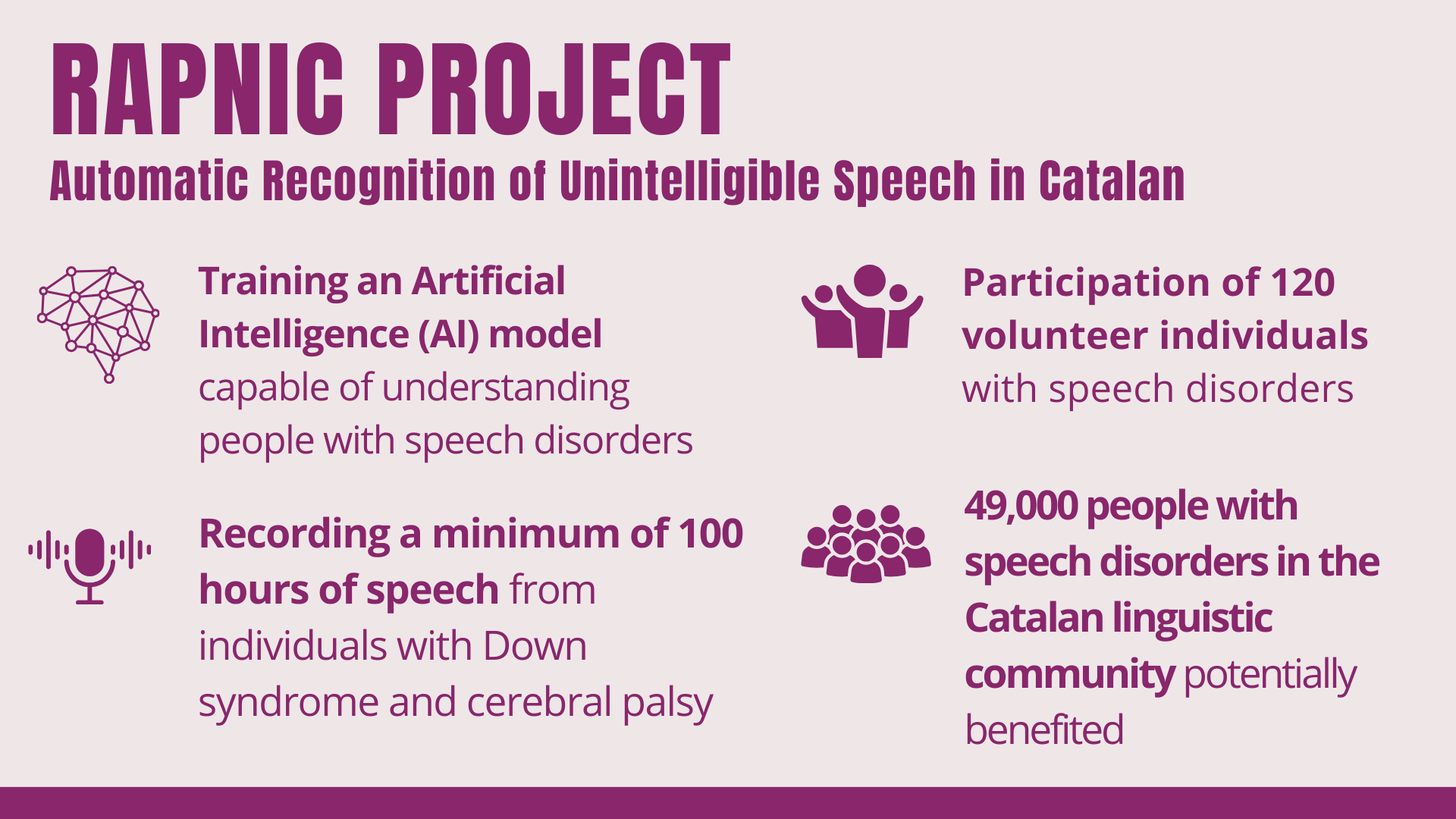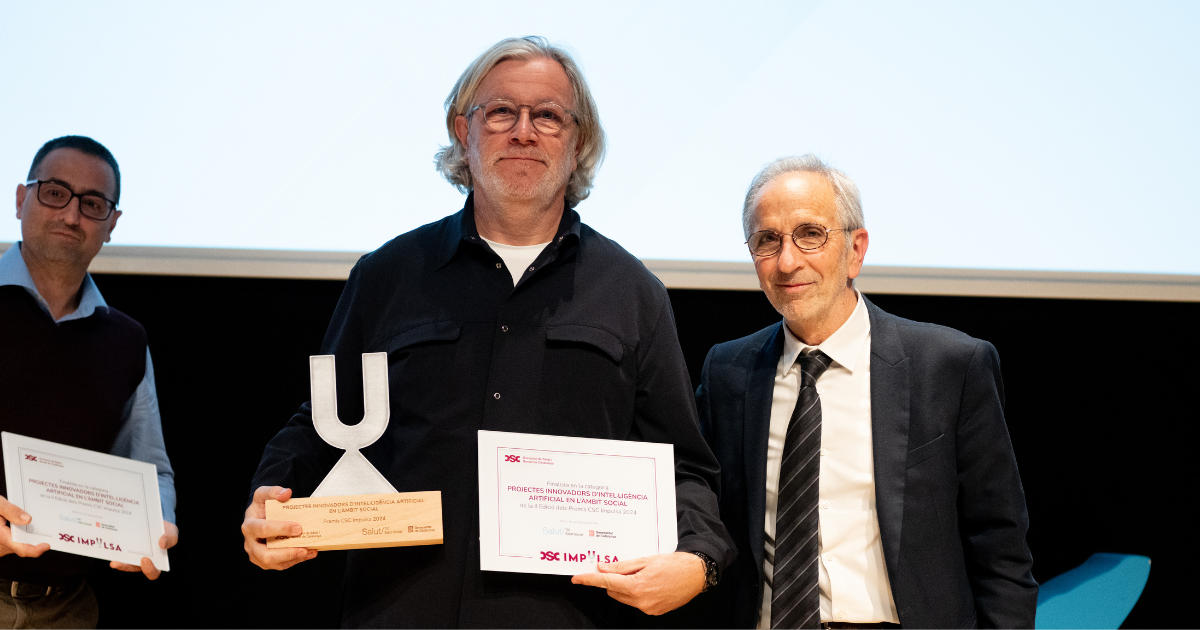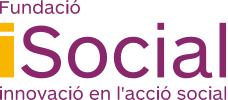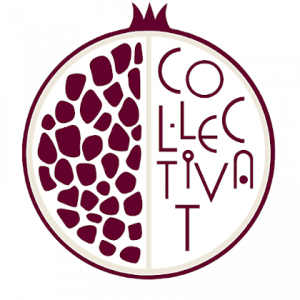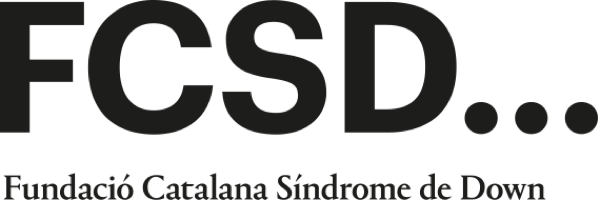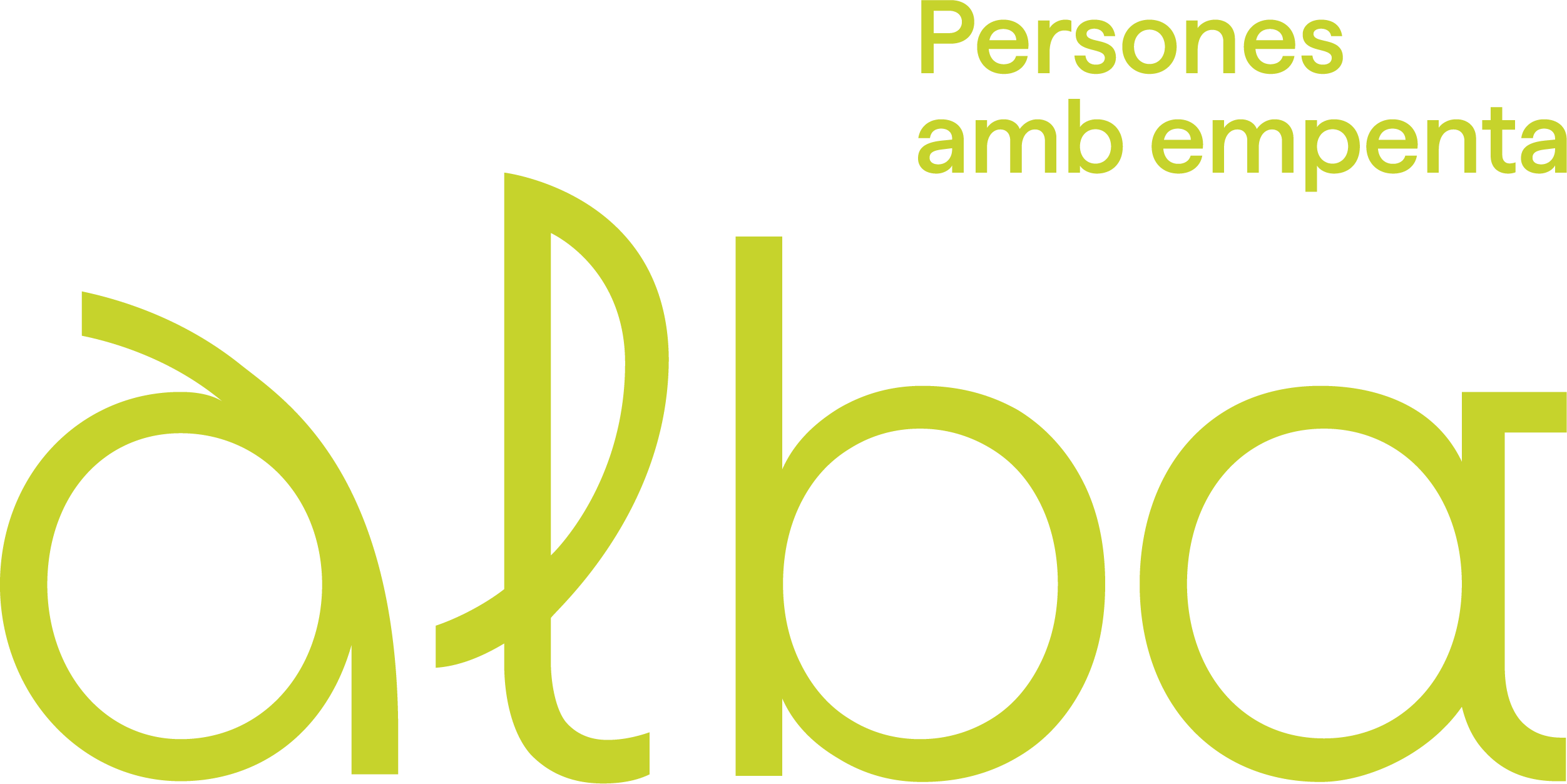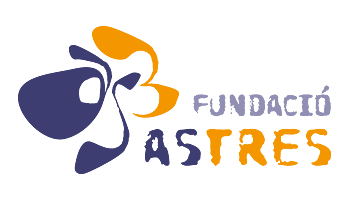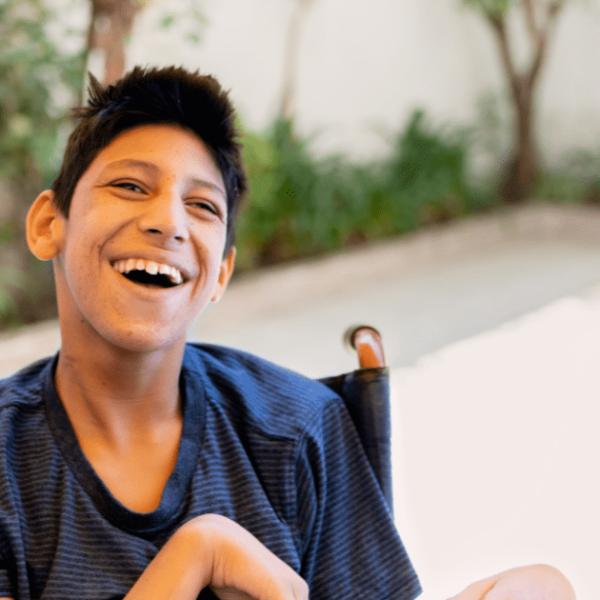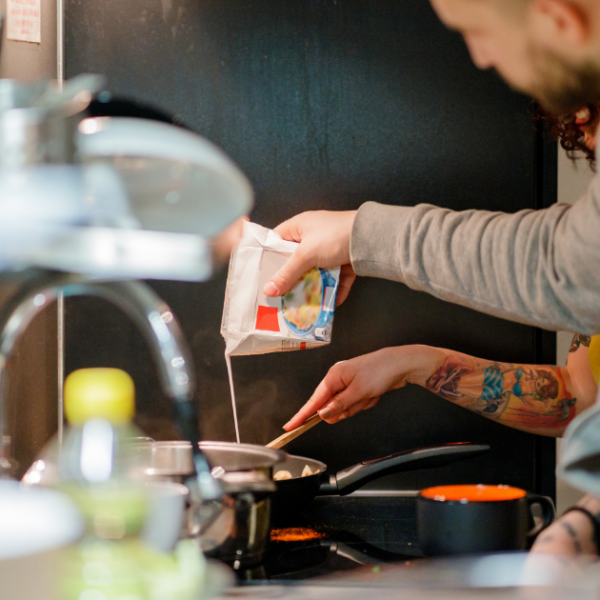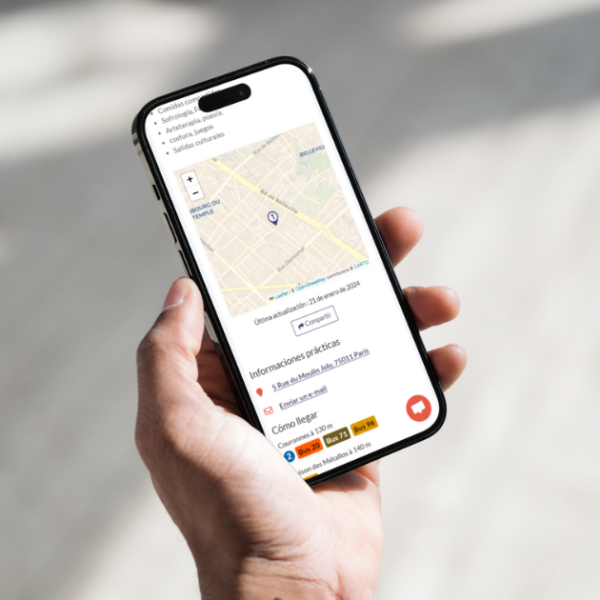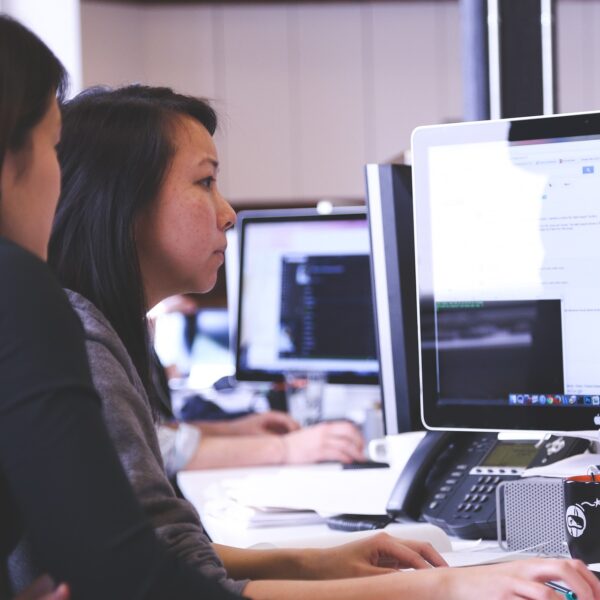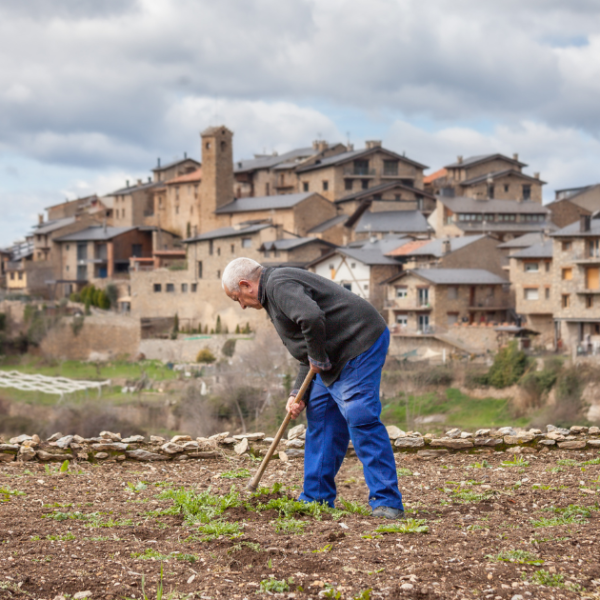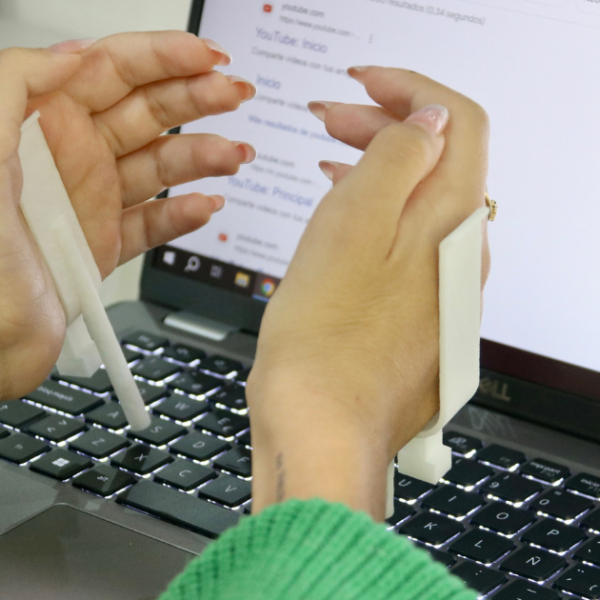iSocial and Fiare Banca Etica Strengthen Their Alliance
iSocial and Fiare Banca Etica Strengthen Their Alliance
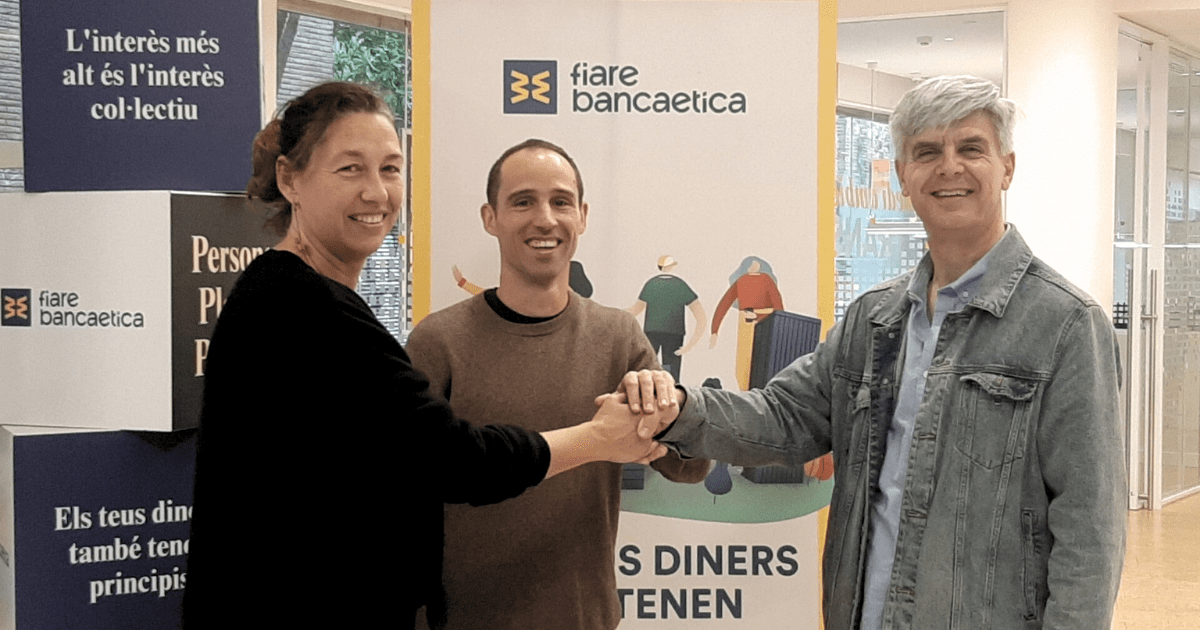
The iSocial Foundation has joined the cooperative Fiare Banca Etica as a member, within the framework of an agreement that also includes a line of credit to finance iSocial’s projects and the sponsorship of several of our foundation’s publications.
After several years of growing collaboration with Fiare Banca Ètica, the iSocial Foundation has signed an agreement to establish a stronger alliance with this cooperative ethical finance entity, which operates in both Spain and Italy. The agreement includes, among other aspects, iSocial’s membership in the cooperative bank, the creation of a €400,000 line of credit to support iSocial’s projects, and the sponsorship of several of the foundation’s publications.
The line of credit will enable iSocial to carry out its projects while awaiting the disbursement of already-approved public grants. This measure brings stability to the Foundation’s day-to-day operations and strengthens a model of sustained growth aligned with social responsibility principles.
In parallel, Fiare Banca Etica will sponsor two Professional Guides on Innovation in Social Action this year, which will be published in the coming months. These Professional Guides are a series of publications promoted by iSocial and aimed at social services professionals, offering information and practical resources to help incorporate innovative approaches into their daily work. Fiare’s support will give a boost to the second and third guides in the series: “Opening Doors to Inclusion”, focused on social inclusion methodologies, and “Measuring Social Impact”, which will offer a practical methodology to evaluate the outcomes of social interventions.
Fiare Banca Etica is a cooperative financial institution born from the merger of Fiare (Spain, 2005) and Banca Popolare Etica (Italy, 1999), with the aim of putting finance at the service of social transformation. The bank has more than 46,000 individual and organizational members and is governed by a democratic model based on the principle of “one person, one vote.”
Its financing activities prioritize projects related to social inclusion, the social and solidarity economy, agroecology, education, and culture, among other areas. The agreement represents a step forward in building synergies between organizations working toward more just social and economic models, through initiatives that promote innovation, sustainability, and the transformation of care services.
Actualitat

